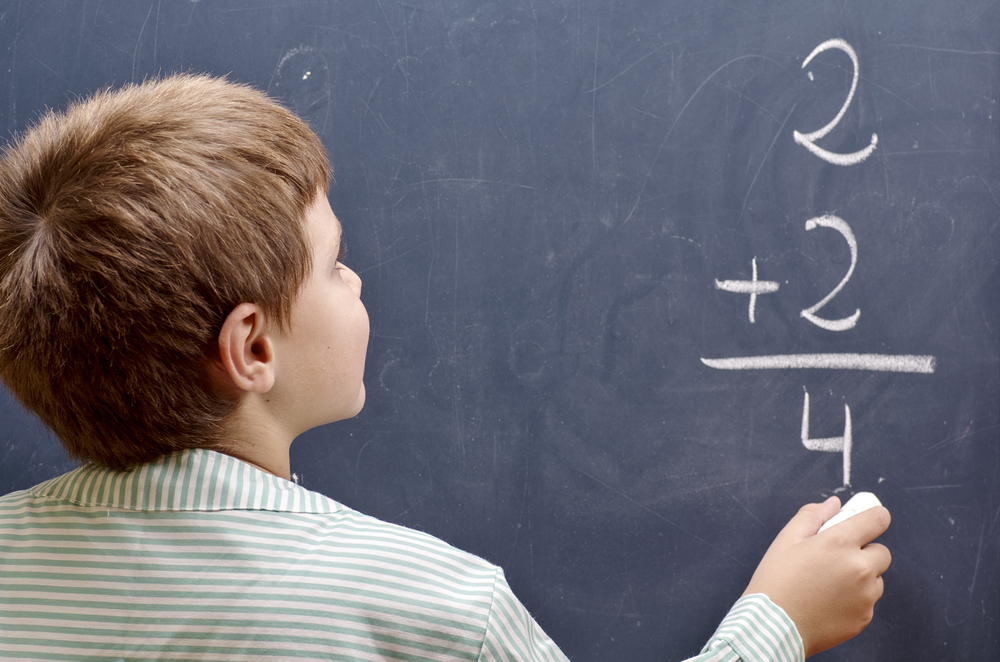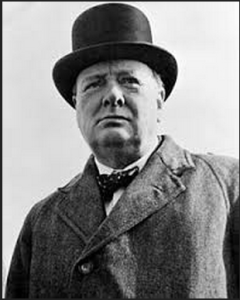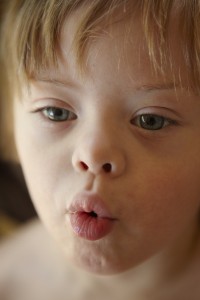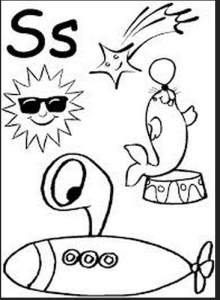Tax week has arrived! Alas, owing taxes are top of mind for most of us! In that spirit, we thought we’d share a few ideas about how to SAVE money on Speech Therapy. The cost of speech therapy is a hefty burden for many families. While there are often free speech therapy services provided in public school settings, children under the age of five or children in remote areas of the country are forced to seek private speech therapy or look for alternate ways to afford this care. Here are a few avenues to turn to that may help you save money on your speech therapy services.







